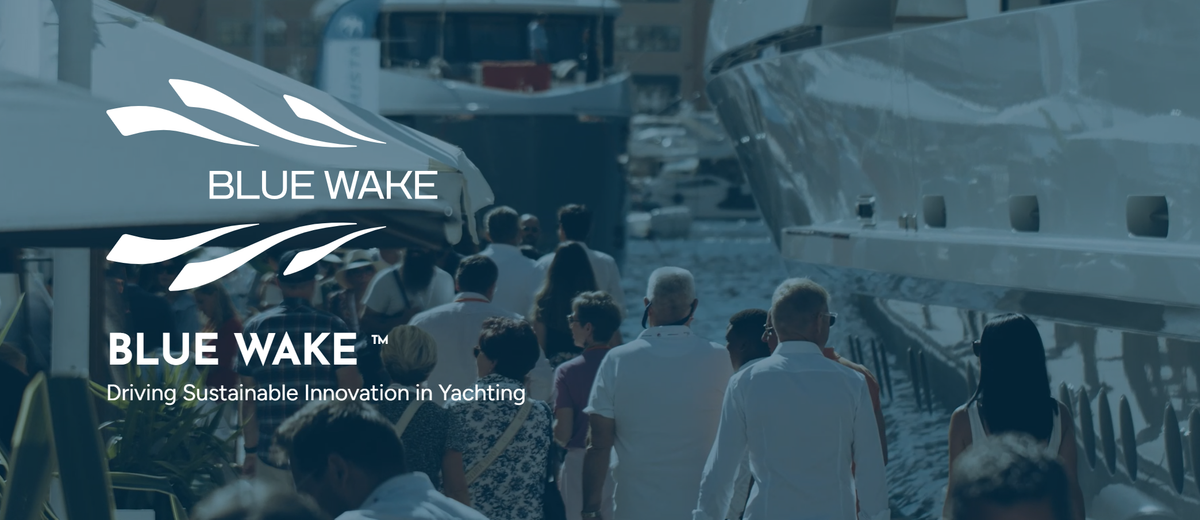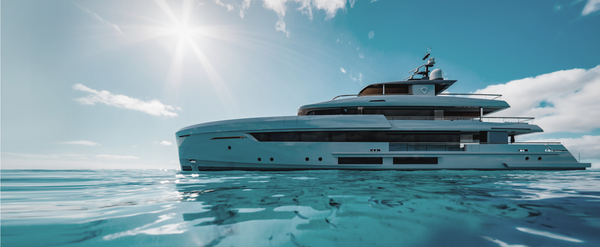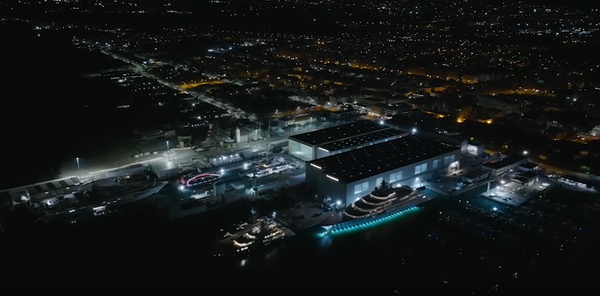The Urgent Shift to Biofuels in the Superyacht Industry
Superyachts urgently adopt biofuels like HVO to meet tightening emissions rules and accelerate decarbonization.

At the Monaco Yacht Show 2025, the dialogue on alternative fuels has advanced from speculative discussion to showcasing viable, real-world solutions. The show's commitment to sustainability was underscored by its Blue Wake™ program, which exclusively highlighted exhibitors with concrete, eco-responsible innovations already making an impact.
The Rise of Biofuels and HVO
A central theme of the sustainability discussions was the immediate potential of biofuels, particularly Hydrotreated Vegetable Oil (HVO). A key presentation by Lloyd's Register detailed their new Fuel for Thought: Biofuels for Yachts report. HVO was presented as a "drop-in" fuel, capable of seamlessly replacing conventional marine gas oil in existing engines without requiring any technical modifications. This practical solution was hailed as a crucial near-term step, offering a significant reduction in emissions while maintaining the flawless performance expected of a superyacht. The message was clear: the technology is ready, and it is a pragmatic bridge to a greener future.
As Engel de Boer, LR’s Global Yacht Segment Manager, states:
“The challenge isn’t whether superyachting will decarbonize — it is how fast. In an era shaped by environmental demands, LR is committed to guiding the industry through this energy evolution with trusted insight and practical solutions.”
A Spectrum of Sustainable Solutions
While biofuels took center stage for their immediate applicability, the show's presentations spanned a wider array of cutting-edge technologies. The Monaco Yacht Summit and various roundtables delved into topics such as:
- Electric and Hybrid Propulsion: Discussions centered on how integrated systems are not only reducing emissions but also enhancing a yacht's acoustic comfort and energy efficiency. Siemens Energy, for instance, showcased how their advanced battery systems and fuel cell technologies are redefining onboard power.
- Next-Generation Propulsion: Panels explored the potential of methanol and hydrogen as future fuels. While acknowledging the current infrastructure challenges, experts from shipyards like Sanlorenzo and engineering firms highlighted their progress in developing methanol-powered fuel cell systems and hydrogen-ready vessels.
- Holistic Onboard Systems: The conversation extended beyond engines to include innovations in energy management, shore power systems, and AI-driven digital tools. Presentations demonstrated how these technologies are helping to optimize fuel consumption and minimize a yacht's environmental footprint without compromising on luxury or functionality.
The Future of Superyachting
While biofuels represent a crucial step, they are part of a larger, long-term strategic vision for a sustainable future. True progress requires a holistic approach, where energy efficiency and pioneering design are combined with cleaner propulsion. In response to this need, Lloyd's Register has launched a new Biofuel Advisory service, providing expert guidance to help the industry navigate this transition with confidence. This initiative, along with their trusted FOBAS service for fuel quality assurance, offers the peace of mind that comes with making a truly informed choice.
The journey toward a decarbonised fleet is both urgent and inevitable. Biofuels offer a powerful, immediate means to embark on this journey, enabling the world's most luxurious vessels to operate with a cleaner, greener footprint, setting a new standard for excellence on the open seas.






